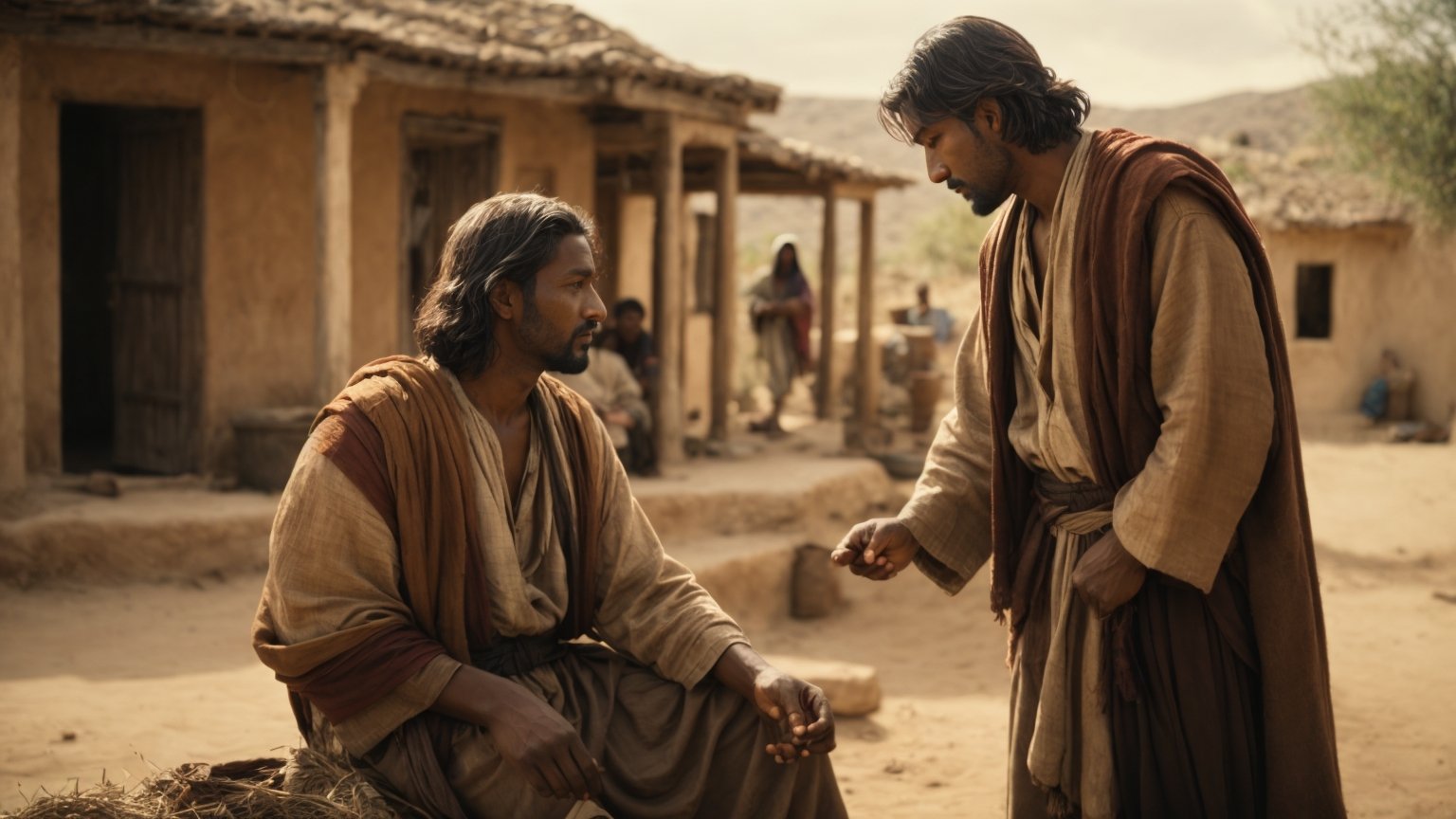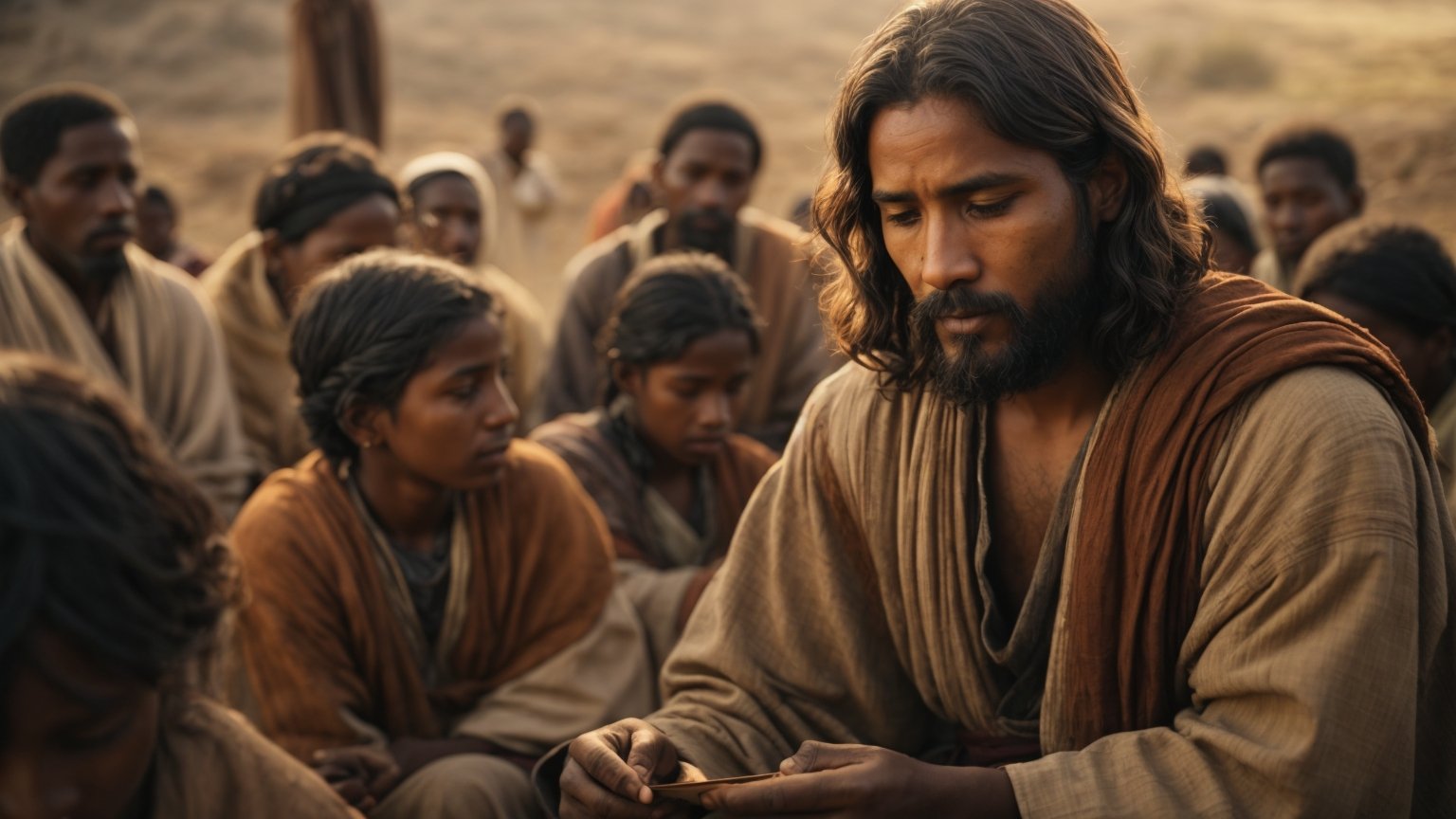Lessons from the Unnoticed: Stories of Jesus’ Encounters with the Marginalized
Introduction:

Within the pages of the New Testament, there exists a compelling narrative of Jesus Christ’s profound encounters with the marginalized and overlooked members of society. These stories, often overshadowed by the grandeur of miracles and parables, unveil lessons that are as relevant today as they were in ancient times. This article explores the transformative lessons embedded in Jesus’ interactions with the marginalized, shedding light on the timeless wisdom that emanates from these often unnoticed encounters.
-
The Woman at the Well:

In the Gospel of John, we encounter the Samaritan woman at the well—a woman ostracized by society due to her ethnicity and personal history. Jesus, however, engages her in conversation, breaking down societal barriers and demonstrating the transformative power of acceptance and compassion. The lesson here is clear: everyone, regardless of their past or societal standing, is worthy of acknowledgment, love, and redemption.
-
Healing the Leper:

The Gospel accounts detail Jesus’ healing of lepers, individuals shunned by society due to their debilitating condition. By reaching out to touch and heal the leper, Jesus not only demonstrated his miraculous abilities but also conveyed a profound lesson on the importance of compassion and the rejection of societal stigmas. The marginalized are not defined by their circumstances, and their humanity deserves recognition and care.
-
The Parable of the Good Samaritan:

In one of his timeless parables, Jesus tells the story of a compassionate Samaritan who helps a wounded traveler, transcending social and ethnic boundaries. This narrative challenges us to look beyond preconceived notions and biases, urging us to be compassionate neighbors to those in need, regardless of their background or status. The lesson of the Good Samaritan is a call to action, compelling us to extend kindness and aid to those often deemed outsiders.
-
Zacchaeus the Tax Collector:

The encounter with Zacchaeus, a despised tax collector, showcases Jesus’ ability to see the potential for transformation in every individual. By choosing to dine with Zacchaeus, Jesus not only challenged societal norms but also demonstrated the power of belief in one’s capacity for change. The lesson here is that no one is beyond redemption, and genuine connection has the potential to bring about positive transformation.
Conclusion:

The stories of Jesus’ encounters with the marginalized resonate with profound lessons that transcend time and cultural boundaries. In a world where marginalization still exists, these narratives serve as a timeless guide for compassion, empathy, and inclusivity. As we reflect on these often unnoticed stories, we are reminded that true discipleship involves recognizing the inherent worth of every individual, irrespective of their societal standing. In the footsteps of Jesus, we find a blueprint for building a compassionate and just society—one that extends a hand of love and understanding to the marginalized, fostering a community where all are seen, valued, and embraced.




